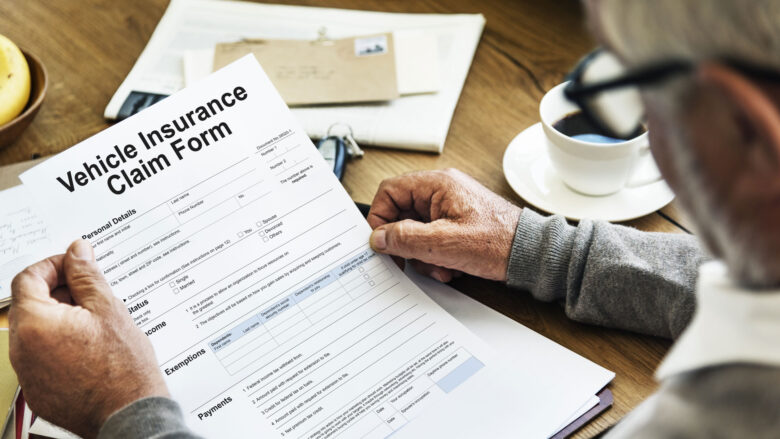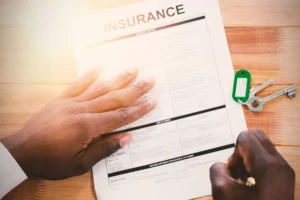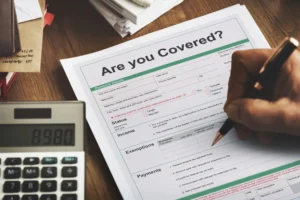A big step forward is buying your first home, but it also comes with new duties. Getting the right home insurance is one of the most important things you need to do. This safety safeguards your belongings from damage or loss, providing you with peace of mind as you adjust to your new home. For first-time sellers, it’s important to know the basics of home insurance so they can make smart decisions and avoid common mistakes.
What is insurance for my house?
Home insurance provides protection against unexpected events such as fire, theft, weather, and more. It can also provide legal protection if someone sustains injuries on your property. As a condition of getting a mortgage, most lenders want you to have house insurance. This makes it an important part of buying a home.
How to Know What Kinds of Coverage You Have
Usually, home insurance covers more than one thing. If your home’s construction is damaged, dwelling coverage will pay for repairs. Personal property coverage will protect the things you keep in your home. If someone sues you because of an accident that happened on your land, liability coverage can help. Loss of use coverage can also help pay for your living costs if an insured event makes your house unlivable. Being able to recognize these groups will help you assess programs better.
How much safety do you need?
How much coverage you need depends on how much your home and things are worth. It’s more important to guess how much it will cost to rebuild your home than how much it is worth on the market. This protects your money in case something bad happens. Additionally, please compile a list of all your possessions to determine the amount of personal property security required. Make sure that the limits are high enough to cover the cost of replacing your valuables.
How to Understand Deductibles
You pay a certain amount out of pocket before your insurance starts to cover things. If you choose a bigger deductible, your rate will likely be cheaper, but if you need to make a claim, you’ll have to pay more. You should try to find a good mix between a rate that you can afford and a deductible that you can handle in case of an emergency.
Things that home insurance doesn’t cover
Home insurance does protect you against many things, but not all of them. Most standard plans don’t cover damage from storms, earthquakes, pests, or normal wear and tear. If you reside in an area where these events frequently occur, you may consider purchasing additional coverage or recommendations to ensure comprehensive coverage. It’s better to know what your insurance doesn’t cover than to be surprised by something bad later on.
How to Get the Best Home Insurance Deals
First, get quotes from more than one insurance company. You can compare their prices, coverage choices, and scores for customer service. Consider the company’s reputation and how well their policy meets your needs, too. An insurance broker can also help you figure out what your choices are and get the best deal.
Why people buying their first home shouldn’t skip insurance
To a first-time buyer, your home is probably one of the most important things you will ever buy. If you don’t have insurance, unexpected events or legal issues could cost you a lot of money. Having home insurance is important for safety, even if your loan didn’t require it. If you don’t do it, you may have to pay for repairs or lose your home.
How to Get Cheaper Home Insurance
You can get a lower rate without giving up service in a number of ways. If you want to save money, you might want to bundle your home insurance with your car insurance. Your rate may also go down if you add safety features like smoke alarms, robber alarms, or water systems. Reviewing and changing your policy on a regular basis can help you find new ways to save money and make sure it stays in line with your needs.
Going over and making changes to your policy
You still have work to do after setting up your program. When you introduce changes to your life, like remodeling, buying expensive furniture, or getting a pet, your coverage needs may change. Remember to review your policy annually and implement any necessary changes. Updating your insurance ensures adequate coverage and prevents underpayment.
In conclusion
It may seem hard to understand at first, but once you know the basics, getting home insurance will be a lot easier. When buying your first car, take time to learn about and compare plans to find the best fit. If you have good home insurance, you can enjoy your new home with peace of mind, knowing that you’re ready for anything life throws at you.




